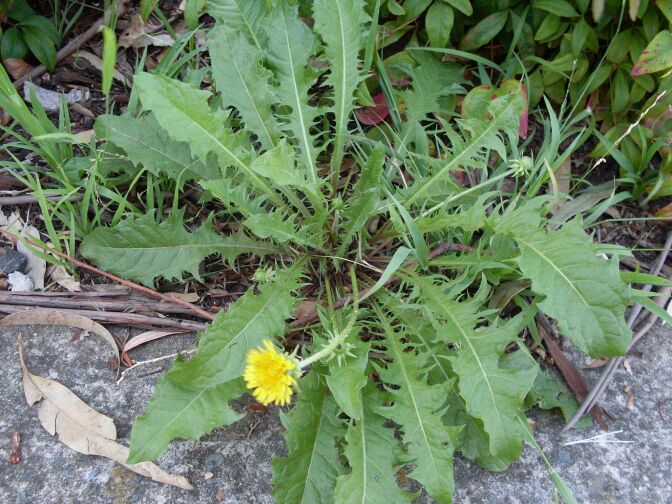This story is free to read because readers choose to support LAist. If you find value in independent local reporting, make a donation to power our newsroom today.
This archival content was originally written for and published on KPCC.org. Keep in mind that links and images may no longer work — and references may be outdated.
Huntington Beach pilot program swaps synthetic pesticides for organic

The city of Huntington Beach will soon stop using synthetic herbicides to kill weeds in part of its 350-acre central park as part of a city initiative to test out a shift to organic pesticides. The City Council unanimously approved the pilot program this week, making the coastal city the third in Orange County to adopt an organic-first approach to pest and weed management.
Irvine adopted the strategy — which calls for using synthetic pesticides only as a last resort – in February 2016. San Juan Capistrano followed suit last month.
Though Huntington Beach’s program is only a one-year pilot on the west side of the park, City Council members expressed interest at a Monday meeting in expanding the program quickly if a three-month evaluation is positive.
“I think this is a great idea, and I think the city ought to adopt a new way of doing things,” Mayor Barbara Delgleize said at the meeting.
Tim Kowal, a board member of the community group Huntington Beach Tomorrow, began lobbying the city for the change late last year. He admitted that the science concerning the health and environmental affects of synthetic pesticides is “unsettled,” but said it’s prudent to take precautions to protect the public’s health, especially children.
“I think it’s just the right thing to do to start taking some of the toxic elements out of our environment that are not absolutely necessary," he said.
Long-standing controversy over the popular weed killer Roundup boiled over recently when the state of California announced its intention to list the main active ingredient in Roundup, glyphosate, as a known carcinogen.
Monsanto, which makes Roundup, is suing the state over the proposed designation, which would force the company to put a warning label on its product.
The U.S. Environmental Protection Agency is expected to weigh in on the debate with a draft risk assessment of glyphosate later this year. The EPA has initially concluded that glyphosate is “not likely to be carcinogenic to humans” at current exposure rates.
In the meantime, an increasing number of cities and school districts are opting to go organic, in many cases under pressure from parents and community groups.
Irvine recently shared results from the first year of its chemical-free maintenance plan. The city’s landscape staff kept up parks, including turf grass, using manual labor instead of synthetic weed killer.
But it struggled to keep weeds down in right of ways and rodents out of street medians using organic alternatives, according to the report.
The city's maintenance costs are expected to rise 5.6 percent under the organics-first program, the report noted, in part because the organic alternatives are 12 to 38 times more expensive than synthetics.
Huntington Beach officials plan to meet with their counterparts in Irvine to learn from the city's experience.








